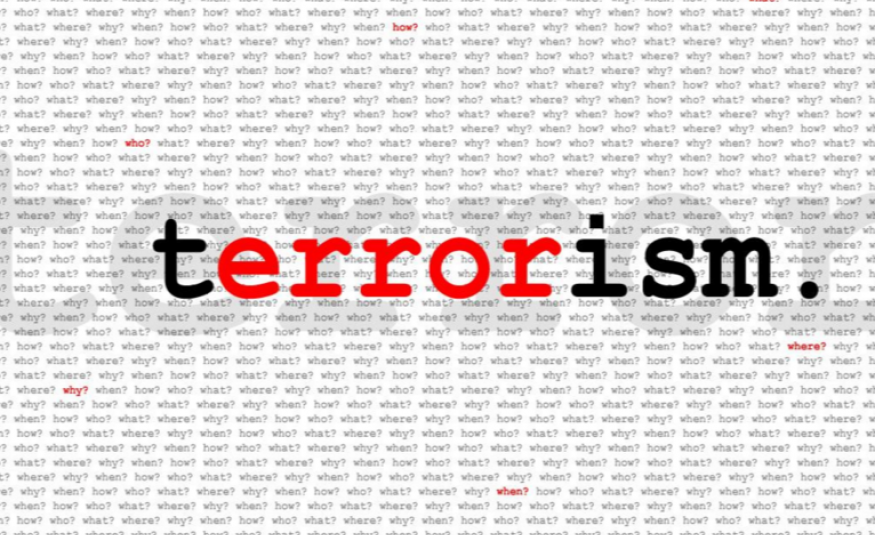Rod Cameron, executive director of the Joint Meetings Industry Council, enlarges on the Council’s advisory statement on dealing with the terror threat to ourselves, our values and our industry.
Reading the news from various cities impacted by terrorist actions these days is almost enough to make you want to go back to bed and pull the covers over your head. But, for most of us – particularly in the meetings industry - that isn’t an option. Life goes on and that life necessarily involves travel to places that include those unfortunate enough to have been targeted.
There are huge implications to all this that extend far beyond our own immediate reactions. What is at stake is no less than the future of our industry – not just because of the fear factor and the event cancellations and relocations that may result, but also because of the likelihood they will provoke greater security measures and potentially even a weakening of cross-border agreements that have facilitated travel in recent years. Together, these could conspire to reduce travel inclinations at a time when industry recovery was only just beginning to gain traction in many parts of the world.
This is clearly not a situation where we have the luxury of being able to sit back passively and watch events unfold. These incidents appear to have become part of a new reality, and the key question is: what can and should we do in response? I’d suggest there are three things we need to consider:
The first is perspective – maybe the toughest of all in the face of recent coverage – and here there are several aspects. First, the approaches now being taken by terrorists mean that no major destination is truly immune – we can’t operate on the assumption that there are ‘safe’ and unsafe options when recent events have made it clear that such incidents can and have taken place anywhere in the world and even in the air between. At the same time, media hype notwithstanding, most incidents have been relatively contained – frightening in their viciousness and seeming randomness but, in reality, affecting only a tiny proportion of the population even in the most dramatically affected areas. It remains the case that visitors are far more likely to be impacted by any number of other impacts than terror acts.
The second factor is vigilance – and, again, there are several dimensions to consider. Most importantly, we need to accept that we all have a responsibility to our members, clients and delegates to take and support every reasonable measure to manage and minimise the direct threat in any way we can, and this is particularly true for suppliers whose decisions and actions shape the conditions that would form the backdrop for any incident that might occur.
Organisers, facilities and suppliers all have a major obligation to not just secure their own operations but to coordinate with other agencies that would potentially be involved should an incident occur – in fact, a better coordination of efforts seems to have been one of the top recommendations arising from those incidents that have already taken place.
However, this responsibility also extends to counselling against the kind of overreaction that would place draconian measures on travel overall, as this only serves to create a downward spiral that would in the end cause more damage than the incidents themselves.
The third most necessary and challenging action is a measure of defiance in the face of what is clearly an effort to disrupt not only the benefits but even the values that bring people together to improve the quality of our global understanding and co-operation on so many fronts. To the extent that we react out of fear and resort to isolation (or, at a minimum, the isolation of selected destinations) we become accomplices, delivering exactly what those responsible for the atrocities are looking to achieve.
Our industry has a proud history. In previous global disruptions, including both terrorism and any number of recent economic or financial crises, it was typically the case that the business travel sector was a leader in recovery. So far, it appears that this remains the situation today; in most terrorist-impacted cities, early reports are that tourism has been hit much faster and harder than scheduled business events.
The clear message is that we have a key role to play in defying the disruptive purposes of terrorist acts by refusing to respond as they would like us to – and that means showing leadership in maintaining our event schedules to demonstrate our collective commitment to global engagement and participation.
None of this will be easy – fear is a powerful motivator, as those responsible for these incidents well know - but then it’s not as though there are easier choices available. We risk becoming part of a reaction that produces the kind of success the terrorists are looking to achieve. We must lead the resistance.









